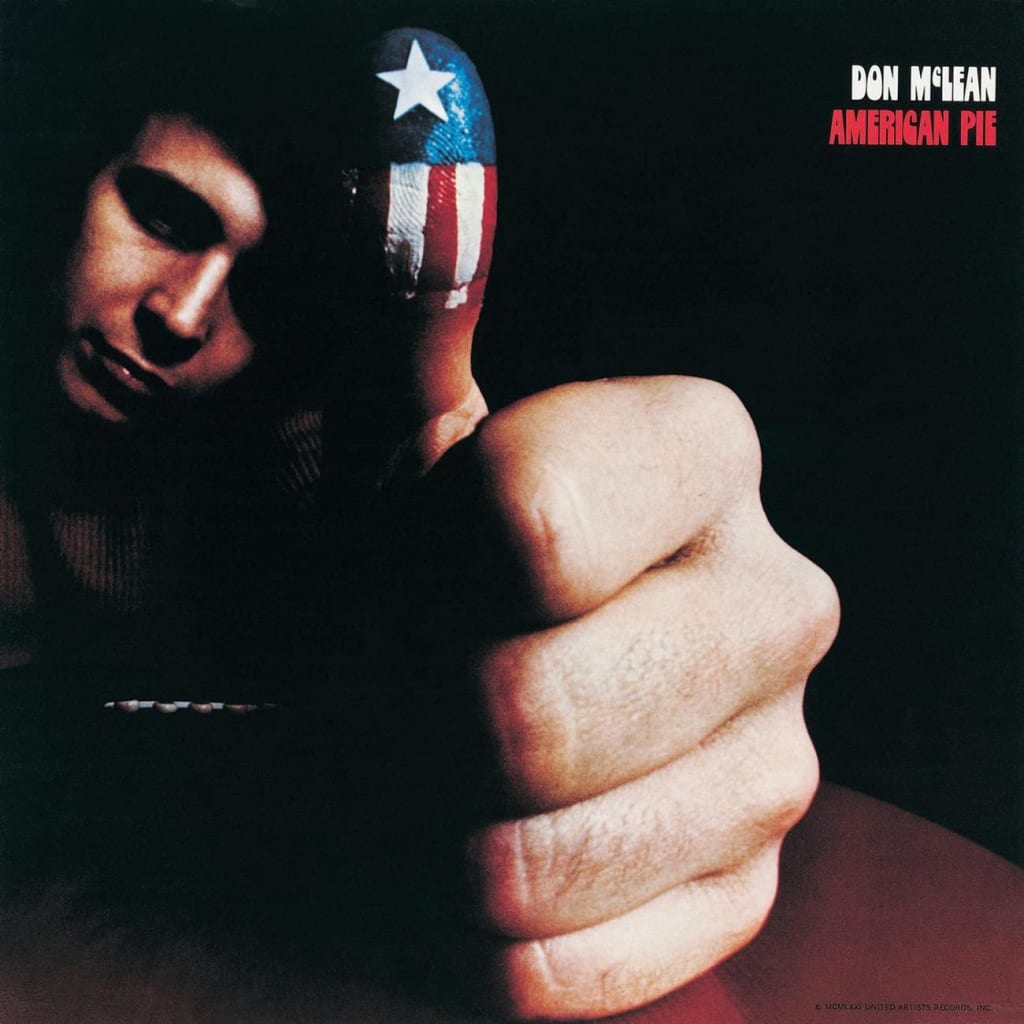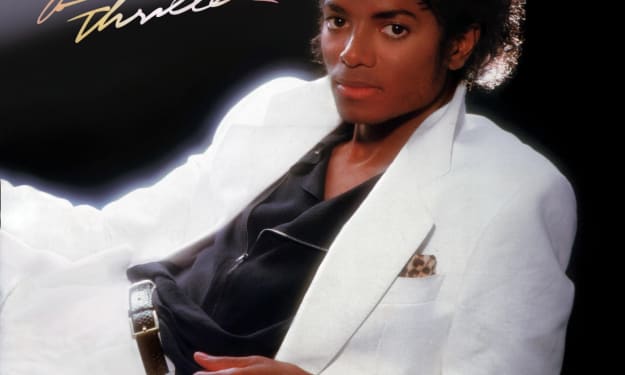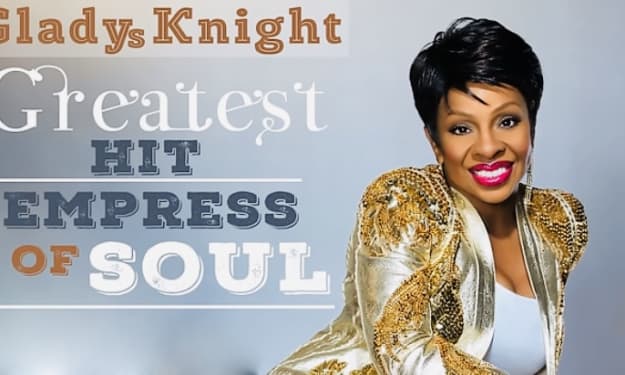
Over the years, we have seen songs that cover a wide range of topics. Love, sadness, people, places, and even music itself often come to mind as things to write about. Sometimes music can even take an autobiographical turn or be used as a tool to address social issues.
However, a somewhat more distinct category of songs were written in reference to other musicians. In this list, we will take a look at 5 such examples of famous songs that were written about other musicians.
Without further ado, let’s begin!
#5. Roll Over Beethoven: Chuck Berry
Recorded and released by Rock n Roll pioneer Chuck Berry in 1956, Roll Over Beethoven has been covered by the likes of The Beatles and the Electric Light Orchestra, among others. One of the earliest anthems of the genre, the song makes reference to a number of artists.
Berry had written the song after recalling the time he spent arguing with his sister over music. Berry’s sister would only play classical music on the family’s piano and disapproved of the time’s contemporary music, saying that the composers of the past would “roll over in their graves” if they were to know how music had changed. Taking his sister’s words into consideration, Berry penned this hit song.
Directly addressing the long deceased German composer by name, Roll Over Beethoven was essentially a declaration to the artists of the past that a new style of music had taken center stage in the world’s view and that it was time for these classical masterpieces to make way for this new generation.
Aside from Beethoven, Berry also mentions Pyotr Tchaikovsky by name in the song when he instructs Beethoven to “tell Tchaikovsky the news”. Berry also puts down a few more subtle nods to his contemporaries Bo Diddley and Carl Perkins by referencing Diddley’s skills as a talented violinist and Perkins’ hit song Blues Suede Shoes.
Roll Over Beethoven was an emphatic song written to usher in a new generation of music. Although the song talks about the need for the music and artists of old to move aside for a more trendy sound, it is also not disparaging to the legendary composers of the past. In many ways, it marked an early instance of Rock n Roll being here to stay.
#4. Sir Duke: Stevie Wonder
Released in 1976 by Stevie Wonder, Sir Duke was in many ways the opposite of Roll Over Beethoven. While Chuck Berry had asked his predecessors to move aside, Stevie Wonder had decided to honour those who paved the way for him.
As seen in the title, Sir Duke is a clear tribute to the legendary Jazz musician Duke Ellington. Wonder, who had cited Ellington as an inspiration on numerous occasions, was inspired to write the song after Ellington and many of the musicians of that era had passed away. Realising that it was becoming increasingly difficult to collaborate with his aged and deceased idols, Wonder chose to immortalise them in song.
Aside from the titular musician, Sir Duke also pays homage to many of Stevie Wonder’s other musical idols. The song makes reference to icons such as Louis Armstrong, Count Basie, Glen Miller and Ella Fitzgerald. These artists were all Duke Ellington's contemporaries and were Stevie Wonder's inspirations.
Wonder’s tribute to Ellington in particular was not only reflected in the song’s title and lyrics but also in its musical structure. With a jazzier feel compared to the typical Stevie Wonder hit, Sir Duke was written as a tribute to both Duke Ellington the person, and the style of music in which he defined.
No stranger to paying homage to other musicians, Stevie Wonder would later record the Reggae-inspired Master Blaster (Jammin’) as a tribute to Bob Marley. More interestingly still, Wonder’s first album was also a tribute to a fellow musician. Recorded in 1964 by a then 11 year old wonder, Tribute To Uncle Ray was an homage to Ray Charles and helped put Stevie Wonder on the map.
It goes to show that it never hurts to write a song about those who came before you. Recognising the past always helps to immortalise those who had come before and, based on Sir Duke’s success, does wonders for your own career too.
#3. Suite: Judy Blue Eyes: Crosby, Stills, and Nash
One of the most iconic supergroups of all time, Crosby, Stills, and Nash were never shy to write music about whatever topics or people crossed their minds. Written and released in 1969 on the group’s debut album, Suite: Judy Blue Eyes has been widely acclaimed for its personal lyrics and intricate musical structures, and iconic vocal harmonies that would soon define CSN.
The song’s title was a reference to a classical orchestral suite, which is referenced in the song itself being written with four distinct parts in the symphony style. The title is also a pun on the phrase “Sweet Judy Blue Eyes”, a reference to Judy Collins, a musician who had been in a relationship with Stephen Stills and the song's subject.
At the time of writing the song, Stills and Collins had been in a relationship for around two years. However, by that point, the relationship between the two artists had begun to deteriorate, and Stills knew that the end was imminent. Stills then decided to compile his thoughts about the situation and turn them into music.
As was the norm of most CSN songs, Suite: Judy Blue Eyes made reference to personal details about the relationship between Stills and Collins, particularly in terms of Stills’ state of mind. It was typical of CSN to wear their heart on their sleeves and channel this raw emotion into their music. For Stills in particular, the song was one last ditch attempt to win back the love of the partner he could feel that he was losing.
Collins has admitted that while she was moved by the gesture and the song itself, the relationship between her and Stills was already beyond repair. However, she admits that thanks to Suite: Judy Blue Eyes, the relationship between Stephen Stills and Judy Collins will always remain immortalised.
#2. Sweet Home Alabama: Lynyrd Skynyrd
Released by Southern Rock icons Lynyrd Skynyrd in 1974, Sweet Home Alabama is arguably the group’s most well-known song. However, upon reading its lyrics and understanding the context behind it, one will soon see that the song has less to do with Alabama and more to do with Neil Young. After all, nobody from Lynyrd Skynyrd was even from Alabama.
That being said, they shared in the sentiments of many Alabamans and Southerners in general who took umbrage to some of Young’s lyrics. With his songs Alabama and Southern Man, Young condemned the actions of those who took part in Slavery. A valid message, no doubt; there were many who felt unfairly targeted or even stereotyped by Young’s words.
Thus, Sweet Home Alabama was written to set the record straight. Lynyrd Skynyrd wanted to make it clear that Southern Pride and racism were two completely separate things. They also stressed that prejudice and discrimination were things that went against the Southern way of life and criticised those who continued to support it. Most prominently, the group addressed Young himself.
Mentioned by name three times in the song’s second verse, Neil Young is explicitly called out for his views, and the band mentions that those in the South should pay no heed to what they felt were Young’s unfair generalisations. They also cleverly referenced Young’s song, Southern Man in that verse as well.
In later years, Neil Young, who is a fan of Lynyrd Skynyrd himself would publicly say that the band’s criticism of him and his songs in Sweet Home Alabama were perfectly justified. He has expressed regret at his choice of words which he has called “accusatory and condescending” and “easy to misconstrue”. With all now well between the various parties, it shows that writing a song to bring up an issue to a fellow artist might be the best way to have said issue resolved.
#1. American Pie: Don McLean
Since we started this list with a song that helped usher in the early years of Rock n Roll, it would be fitting to close this list with the song that bade that era farewell. Released in 1971 by Don McLean, American Pie is best known for its deep lyrics that have referred to events and people and for its catchy chorus that has been a staple of many sing-alongs.
Thanks in part to McLean’s refusal to divulge the song’s true meaning, many of American Pie’s lyrics have been heavily analysed to all manner of interpretation. However, its more apparent verses make clear reference to the deaths of Buddy Holly, Ritchie Valens, and The Big Bopper.
To many, the plane crash that killed the three musicians marked the end of the early years of Rock n Roll music. The phrase “The Day The Music Died” refers to the fatal crash and is taken directly from American Pie itself. It is pretty clear in the song’s earlier verses that McLean had wanted to convey his feelings on the shocking passing of the three iconic musicians.
Many analysts have also identified references to other rock musicians including Elvis Presley, who is referred to as “The King”, Bob Dylan, who is called “The Jester” and Janis Joplin, referred to as “The girl who sang the Blues.” Other commentators also point towards allusions to The Rolling Stones as being the “Satan” referred to in the song.
While Don McLean has refused to extensively discuss the song’s meaning, the song’s manuscript, which he had auctioned off has confirmed many of these longstanding theories and analyses. In essence, American Pie describes how the world had evolved in the years following the deaths of Buddy Holly, Ritchie Valens, and The Big Bopper.
In McLean’s mind, the world had lost its magic and innocence since the death of these icons, and this was reflected in the music and musicians who he sees as having become more edgy and inappropriate. The manuscripts also confirm that the three deceased musicians were indeed compared to the Holy Trinity in the Bible, thus contrasting the devilish imagery that comes later. Thus in many ways, American Pie references many musicians who played a role in the gradual loss of innocence of both Don McLean and the world at large.
That does it for this list! If you’ve made it this far, let me thank you for taking the time to read this. If you know of other great songs that refer to or are about other iconic artists, please let me know.
I greatly appreciate the engagement and input you have all shown me here. Until then, take care!
About the Creator
Isa Nan
Written accounts of life, death and everything in between






Comments (1)
I really love this article and think it should have been in Top Stories. I hope more people see it. You have really challenged me to think of more songs about other musicians.